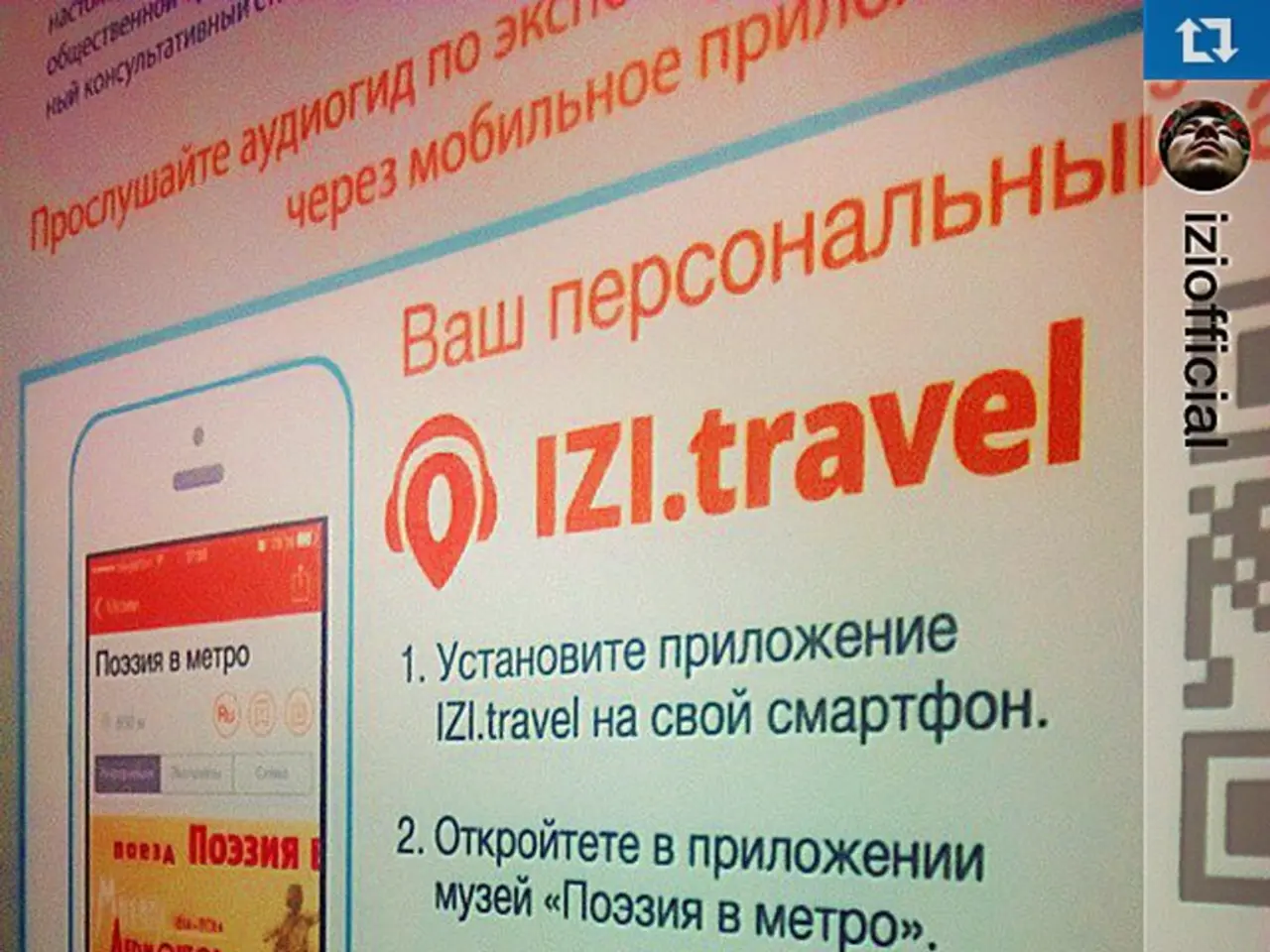Deception in online dating: Match Group, owner of Tinder and Meetic, fined $14 million for deceitful advertisements in the U.S.
The US Federal Trade Commission (FTC) has fined Match Group, the parent company of popular dating apps such as Tinder, Hinge, OkCupid, and Match.com, a sum of $14 million. The fine was imposed to put an end to deceptive practices that had been a cause for concern for American consumers[1][2].
The FTC's allegations against Match Group revolved around several issues, including misleading communications, unfair billing, and obstructive cancellation processes[1][2]. One of the key details of the FTC's accusations was the use of scam accounts that sent messages appearing as if they were from potential dates. These messages were designed to mislead users into believing they were genuine, encouraging paid subscriptions[1][2].
Internal records showed that 25-30% of daily sign-ups were suspected scam accounts, and more than half of certain instant messages came from these flagged fraudulent accounts[1][2]. Furthermore, recent subscribers received communications that the company knew were likely fraudulent, increasing consumer vulnerability to scams[2].
Another issue raised by the FTC was the false "free six-month subscription" guarantee. Match Group promoted this offer without clearly disclosing the onerous and restrictive conditions required to qualify, misleading consumers about the offer's value[1][2]. Other conditions, like sending a message to five different subscribers a month on Tinder, were not adequately disclosed[1][2].
The FTC also accused Match Group of making it difficult for consumers to cancel their subscriptions, a practice described internally as "hard to find, tedious, and confusing." This led many customers to unknowingly continue paying despite attempting to cancel[1][2].
In addition, Match Group is accused of unfairly retaliating against consumers who initiated unsuccessful chargebacks. However, the FTC did not specify what forms of retaliation Match Group allegedly undertook[2].
The lawsuit was triggered by a promise made by Tinder that was not fulfilled as per the agreement. In 2018, the FTC counted 21,000 reports of romantic scams on Tinder, resulting in victims losing a total of $143 million[3].
The settlement requires Match Group to pay the $14 million civil penalty and to overhaul these core business practices to ensure transparency and fair treatment going forward[1][4]. The FTC also requires Match Group to clearly and prominently disclose the terms of their 'six-month guarantee'[1].
This case is part of broader regulatory scrutiny focused on deceptive subscription and billing practices in digital services[5]. The press release about the settlement was published on August 12, 2021[2].
[1] FTC Press Release: Match Group to Pay $14 Million to Settle FTC Charges that it Misled Consumers about Tinder's Free Subscription Offerings and Kept Charging Consumers who did not Want to Continue Subscribing (ftc.gov) [2] The Verge: Tinder's parent company, Match Group, settles FTC charges over deceptive practices (theverge.com) [3] CNBC: Tinder's parent company Match Group to pay $14 million to settle FTC charges over deceptive practices (cnbc.com) [4] TechCrunch: Match Group settles with FTC over Tinder's 'free' subscription offer (techcrunch.com) [5] The Wall Street Journal: FTC Settles With Match Group Over Deceptive Practices on Dating Apps (wsj.com)
Read also:
- Elon Musk Acquires 26,400 Megawatt Gas Turbines for Powering His AI Project, Overlooks Necessary Permits for Operation!
- U Power's strategic collaborator UNEX EV has inked a Letter of Intent with Didi Mobility to deploy UOTTA(TM) battery-swapping electric vehicles in Mexico.
- Global Gaming Company, LINEUP Games, Moves Into Extensive Global Web3 Multi-Platform Gaming Network
- Toyota strikes a deal in Shanghai for a solely owned Lexus electric vehicle production plant.




